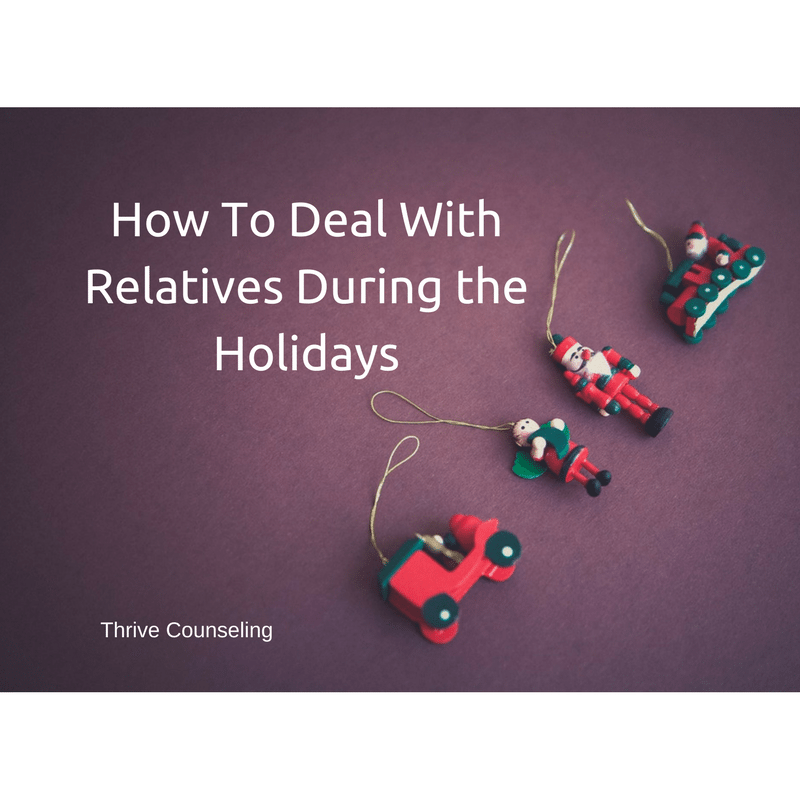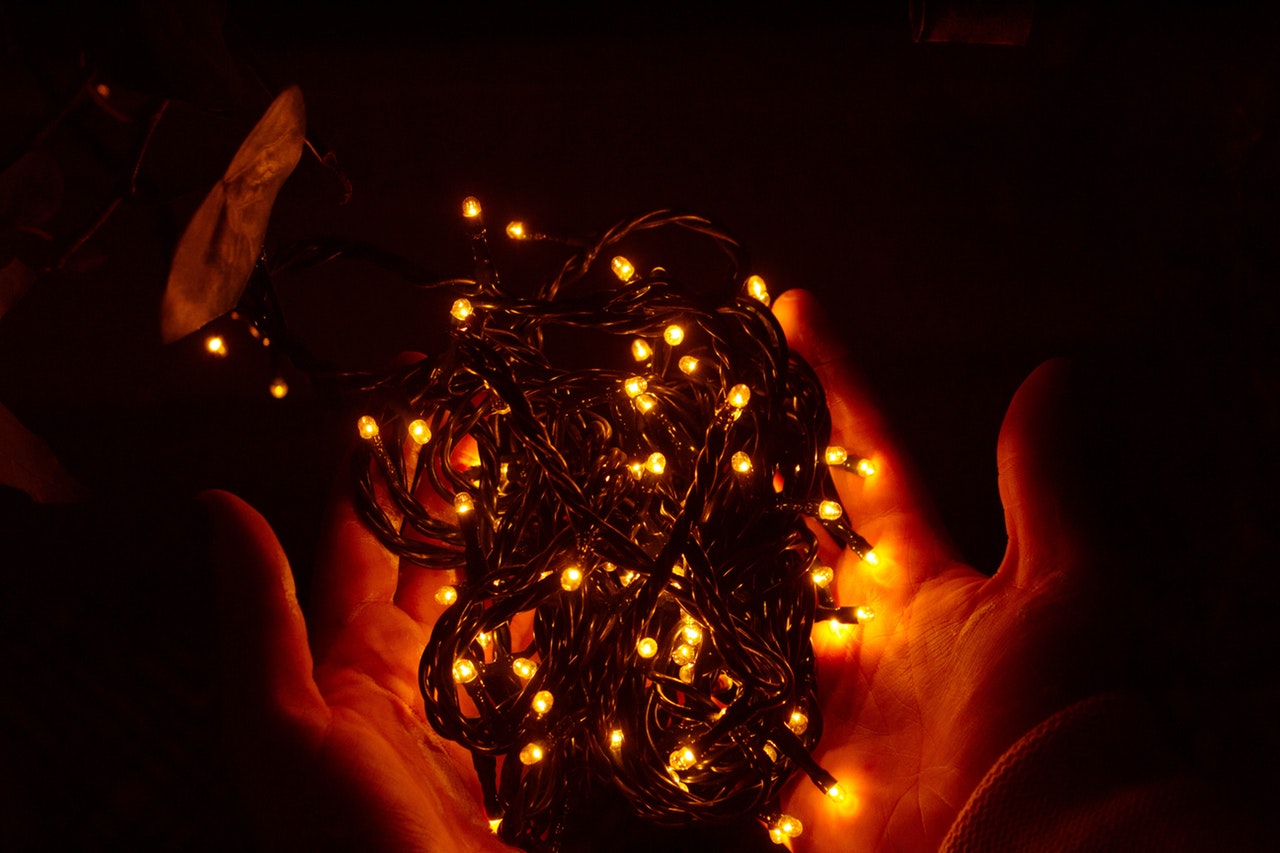
How to Deal with Relatives During the Holidays
For some, the holidays are a wonderful time of the year where they get to see distant relatives, hang out around the hearth, and trade stories with your family. For others, though, the holidays can be a time where you must listen to a racist uncle, deal with a mother that’s panicking to get the Christmas spread ready, and a grandfather who’s sitting in the corner getting drunk. This type of holiday pressure can be rough on anyone, but it can be worse if you have mental health issues of your own such as anxiety or depression. You likely have your own personal ways of coping with relatives over the holidays, but they not be the healthiest ways to cope. Let’s view this from a mental health standpoint and look at healthy ways to deal with your family over the holiday season. Dealing with Relatives over the Holidays Set Boundaries/Have a Plan Set boundaries for yourself before you go into a family event. Make rules to yourself including who you shouldn’t talk, controversial topics that you should stay away from, where you should sit, and even how to get out if things get rough. It also helps to give yourself time parameters to make you feel more comfortable, e.g. limit yourself to only 3-4 hours at a certain event. Don’t Make Things Personal When you have rough relatives it’s easy to take things personally. Most of the time any criticisms or arguments lobbed after you aren’t even meant to be personal. Remember the holidays are not all about you and don’t take things too personally. Try to go in with a happy, open spirit and remember that the holidays are for the entire family. Have Realistic Expectations It’s easy to think, “This year will be different,” and it may be, but try to go to any family functions with realistic expectations. Your grandmother is still likely to ask if you’ve met anyone, and your aunt is likely going to disparage an entire race of people, so keep your head up! The holidays can be tough on people, especially if there are mental health issues in the mix. Before going to any holiday event set boundaries, plan, don’t take things personally and have realistic expectations. With these tips and more, you may be able to enjoy yourself this holiday season.

